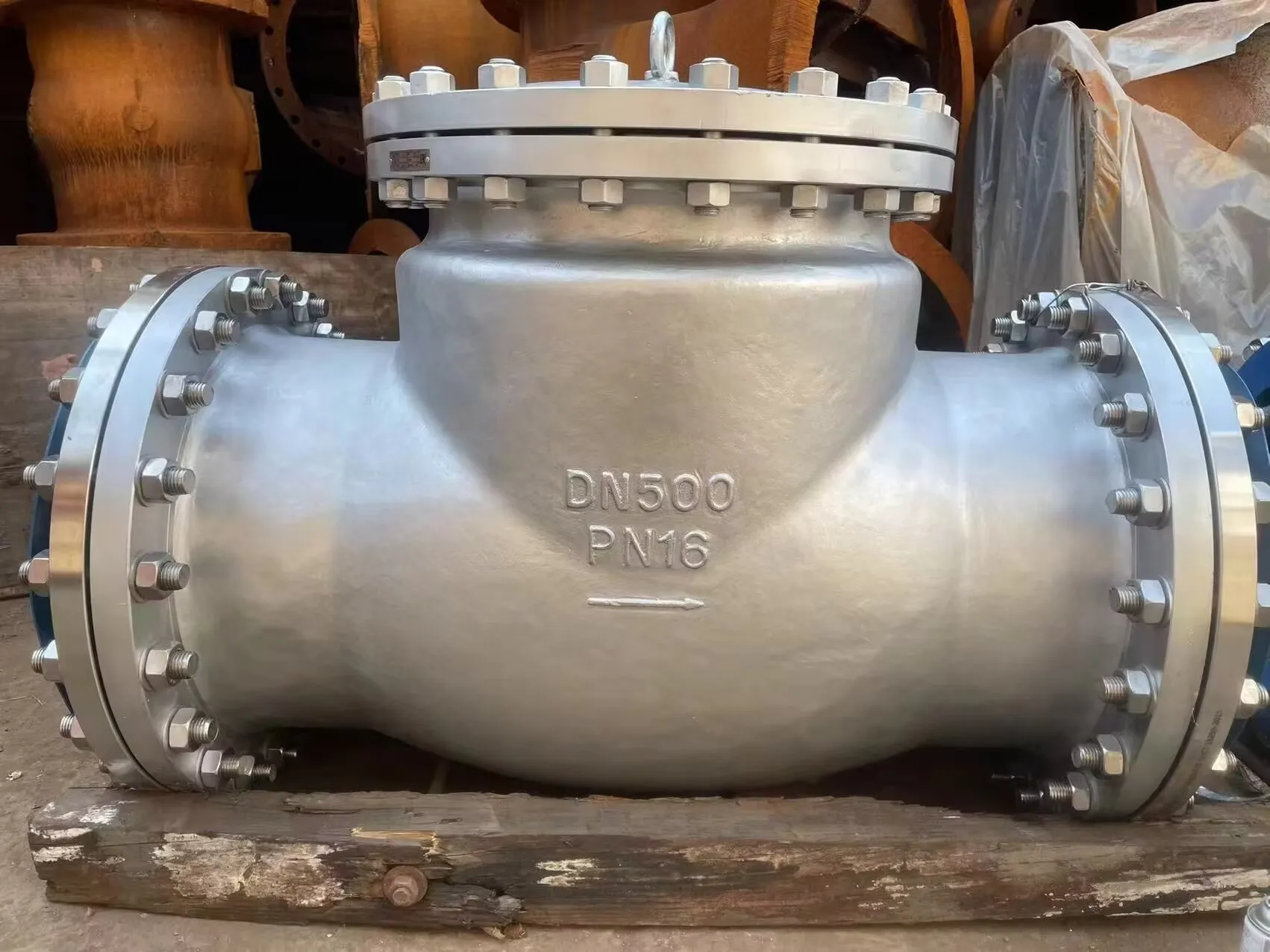threaded check valves
Understanding Threaded Check Valves Function, Advantages, and Applications
Threaded check valves are critical components in various piping systems, designed to prevent backflow and ensure unidirectional fluid flow. Their unique design and threaded connections make them indispensable in many industrial and residential applications. In this article, we will explore the fundamental concepts behind threaded check valves, their advantages, and their common applications.
What Is a Threaded Check Valve?
A threaded check valve is a type of valve that allows fluid to flow in one direction while preventing reverse flow. It employs a movable element, commonly a disc or ball, that responds to pressure changes. When fluid flows in the intended direction, the pressure forces the movable element away from the seat, allowing fluid to pass. Conversely, if there’s a backflow, the pressure on the opposite side forces the disc or ball back against the seat, sealing the valve and preventing any reverse flow.
Why Use Threaded Connections?
The threaded design of these check valves allows for easy installation and maintenance. Threaded connections are compatible with a variety of piping systems, making these valves suitable for both new and retrofit applications. By utilizing standard pipe threads, these valves can be seamlessly integrated into existing infrastructure, ensuring a leak-proof seal without requiring specialized tools or fittings.
Advantages of Threaded Check Valves
1. Prevention of Backflow The primary function of threaded check valves is to stop backflow, which can lead to contamination or damage in a system. By ensuring that fluids flow in a single direction, these valves help to maintain system integrity and safety.
2. Ease of Installation The threaded design simplifies the installation process. Unlike welded or flanged valves, threaded check valves can be quickly installed or replaced by hand, saving time and labor costs in both industrial and residential settings.
3. Versatility These valves are available in various materials, including brass, stainless steel, and PVC. This makes them suitable for a wide range of applications, from water supply systems to chemical processing plants.
threaded check valves

4. Reduction of Water Hammer Threaded check valves can minimize the risk of water hammer, a phenomenon where sudden changes in fluid velocity create pressure spikes. By providing a smooth and controlled flow, these valves help to stabilize the system and extend its lifespan.
5. Cost-Effective Due to their straightforward design and ease of use, threaded check valves tend to be more economical compared to other types of check valves, making them an attractive option for engineers and contractors.
Common Applications
Threaded check valves find use in numerous applications across various industries, including
- Water Supply Systems Essential for maintaining safe drinking water and preventing contamination from backflow in municipal and residential plumbing systems.
- HVAC Systems Utilized in heating and cooling systems to prevent reverse flow, ensuring consistent performance and efficiency.
- Industrial Applications Employed in chemical processing, oil and gas, and manufacturing to protect equipment and maintain process integrity.
- Irrigation Systems Used in agricultural settings to manage water flow effectively and prevent backflow that could contaminate water supplies.
Conclusion
Threaded check valves are vital components in many systems that require reliable and efficient fluid flow management. Their design not only prevents backflow but also simplifies installation and maintenance, making them a popular choice in both residential and industrial settings. As industries continue to innovate and evolve, the demand for efficient, cost-effective solutions like threaded check valves will only increase. Whether used in plumbing, HVAC, or industrial applications, these valves play a crucial role in maintaining the integrity and safety of fluid systems. Understanding their function and benefits is essential for anyone involved in engineering, construction, or maintenance of piping systems.
-
3 types of check valves maintenance tipsNewsAug.23,2025
-
Ball valves types with trunnion mounted designNewsAug.23,2025
-
Butterfly valve company production capabilitiesNewsAug.23,2025
-
Fisher globe valve technical specificationsNewsAug.23,2025
-
Types of gaskets for flanges selection guideNewsAug.23,2025
-
Wedge gate valve suppliers quality standardsNewsAug.23,2025
-
Breakthrough in Domestic Low Temperature Valve Technology in ChinaNewsAug.18,2025




